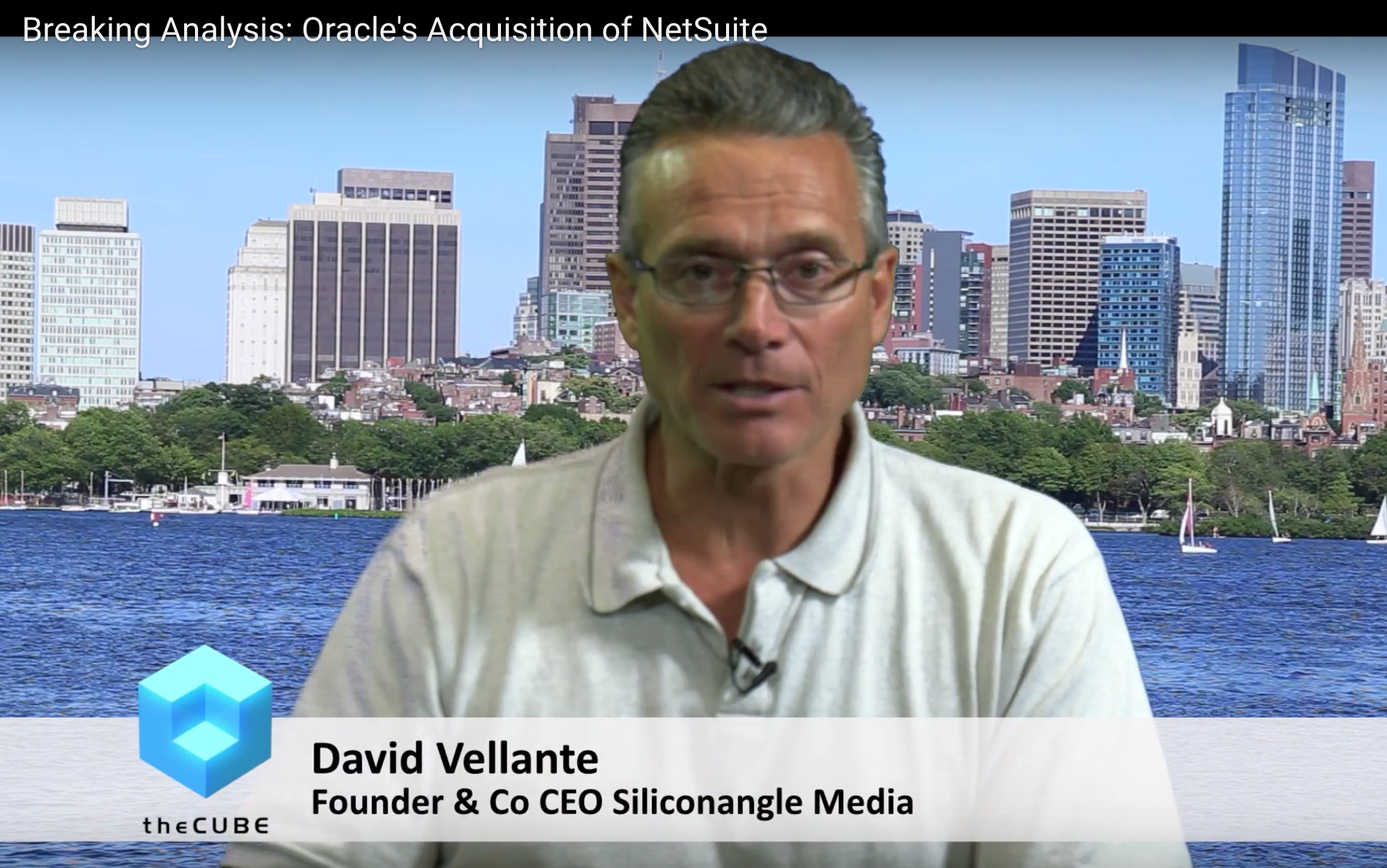 NEWS
NEWS
 NEWS
NEWS
 NEWS
NEWS
Oracle Corp. continued its march to the cloud this week with a $9.3 billion acquisition of NetSuite, Inc. Mainstream media focused most of its coverage on the conflict of interest due to Larry Ellison’s large holdings in both companies, which is noteworthy, but there’s much more to the story, in my view.
First, as an Oracle spokesperson said, the only way Oracle and NetSuite could have avoided this conflict is to have not done a deal. While it’s true that no matter what price Oracle paid, people would question the deal. Some were concerned that the lack of other bidders (due to the premium) could be a headwind for the deal. Regardless, the real interesting angle to me is that Ellison funds companies as a way to: 1) invest and get returns; 2) catalyze new markets that Oracle might struggle to build organically and 3) de-risk a potential acquisition. I look at it as paying a premium for a proven free agent in basketball. If the player performs the buyer typically wins.
So Oracle in this case is betting that NetSuite will perform to justify the substantial premium. Nonetheless, Oracle says the acquisition will be accretive.
An obvious question to ask is the following: If Oracle is doing so well in cloud, why does it need NetSuite? NetSuite does ERP. Oracle does ERP. So why the deal?
1. NetSuite is born cloud. Unlike the Fusion science project of integrating complex and bespoke applications, the NetSuite integration should be relatively straightforward.
2. NetSuite is SMB…Oracle can explode NetSuite into its global distribution channels, which increasingly target smaller businesses through telesales.
3. The point of control is shifting from database to SaaS. Oracle knows this and is making a “full stack” play where it gets paid for the hardware, middleware, database and apps.
4. There’s been a 10-year collapse in infrastructure hardware and software pricing due to open source and cloud. Oracle has been insulated because of its lock on mission critical apps – but it’s not immune. Many workloads in Hadoop, Mongo, Cassandra and emerging AWS databases like Aurora, Redshift and Microsoft SQL on Azure are chipping away at the periphery of Oracle’s database franchise.
5. Oracle’s response in situations like this has typically been to shift the game – in this case moving aggressively into cloud and SaaS. A previous example of Oracle chasing profits versus higher growth revenue is its acquisition of Sun where Oracle shed Sun’s lower margin server business, shrinking the former company, and instead building a suite of integrated high margin appliances.
Here’s a video that further outlines some of my thinking on this deal:
THANK YOU